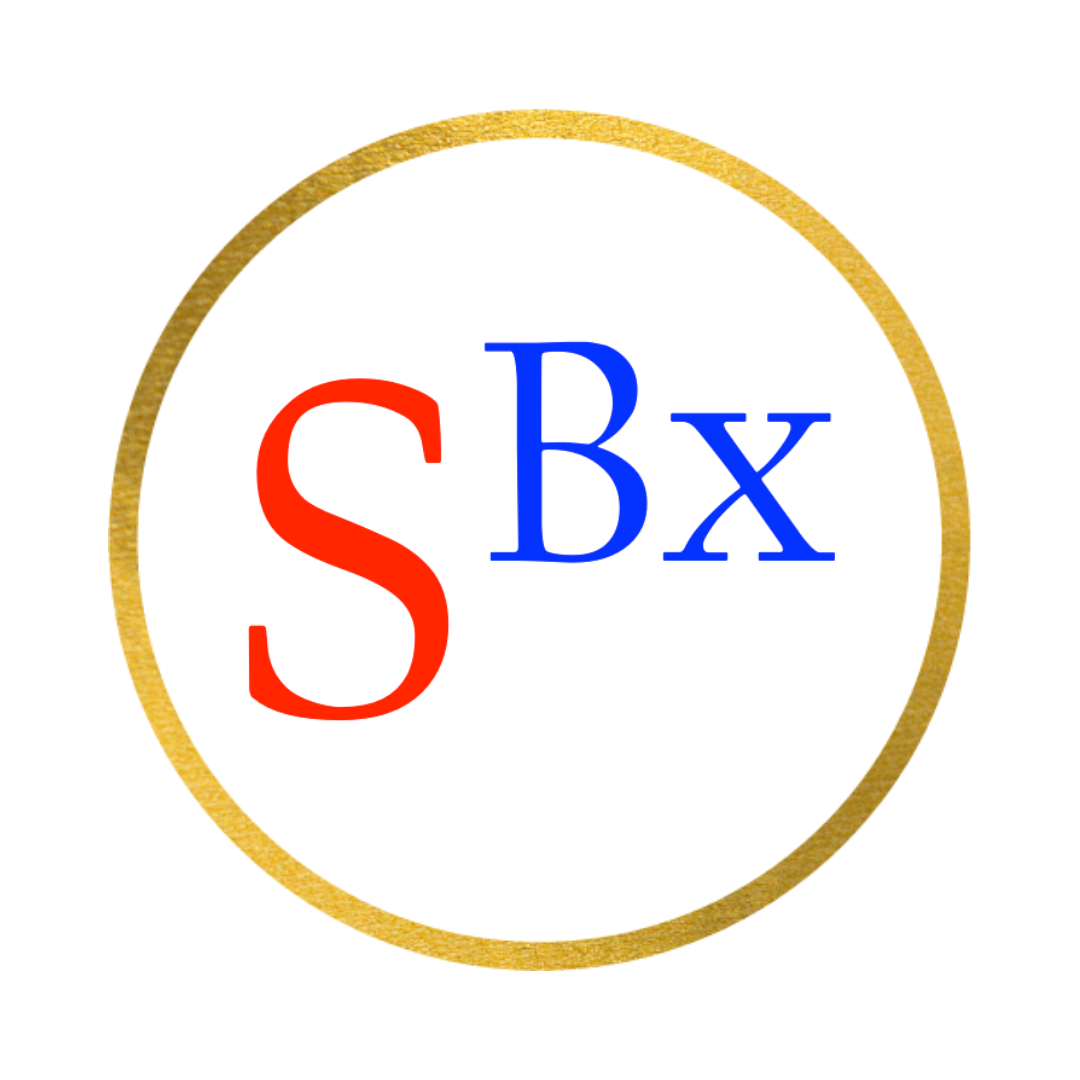Background
The Adaptive Behavior Assessment System, Third Edition (commonly called the ABAS-3) is an assessment tool created by Patti L. Harrison, Ph.D., and Thomas Oakland, Ph.D. It is a complete assessment of a person’s adaptive living skills across their entire life span (birth to 89 years old). It was updated to the third edition in 2015.
How It’s Conducted
The ABAS-3 is an indirect functional assessment. Specifically, it uses a parent and/or teacher interview to provide a rating scale response to a child’s/person’s adaptive skills, from the ages of Birth to 21 years old. Once the person is older (ages 16 to 89), they can be their own rater and self-report their skills, or a caregiver can be interviewed. An ABAS-3 interview should average 15-minute to 20-minute durations, per the publisher’s website. The interview asks questions regarding a person’s skills in 10 categories – Communication, Community Use, Functional Academics, Home Living, Health and Safety, Leisure, Self-Care, Self-Direction, Social, and Work. Two of these categories differ for assessments of children ages 5 years old or younger. Functional Academics becomes Functional Pre-Academics, and Work becomes Motor.
Scoring
Each question asked is scored from 0-3 regarding the person’s ability to perform a behavior, with 0 being unable, 1 being never, 2 being sometimes, and 3 being (almost) always. These ratings are totaled and calculated into a scaled score, ranging from 1 to 15 for ages 5 years and older, or as a test-age equivalent for ages 5 years and younger.
Scaled Score Rating (5 years to 89 years): 1-3: Extremely Low, 4-5: Low, 6-7: Below Average, 8-12: Average, 13-14: Above Average, 15: High
Test-Age Equivalent (Birth to 5 years): Comparison of child’s performance compared to age groups whose average scores are in the same range, with age range represented as “years: months – years: months”.
